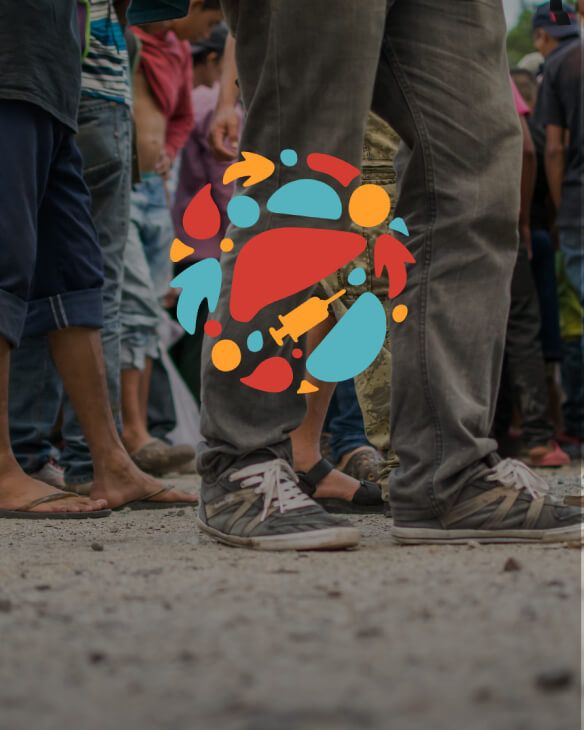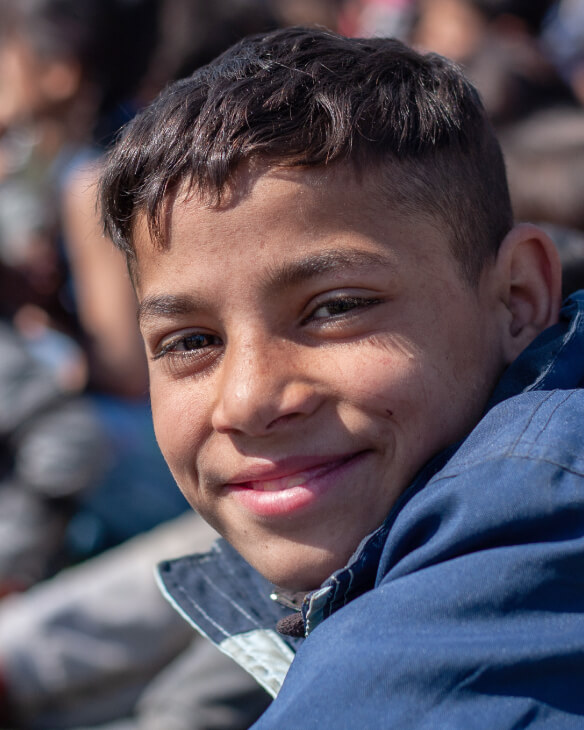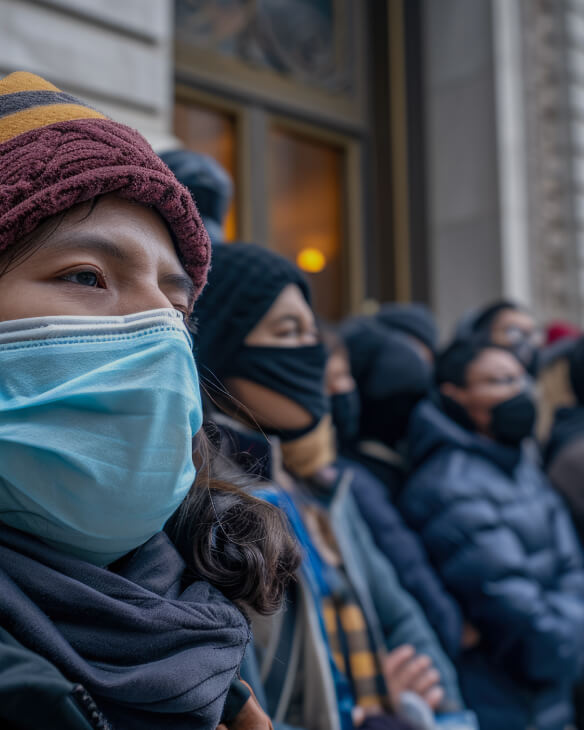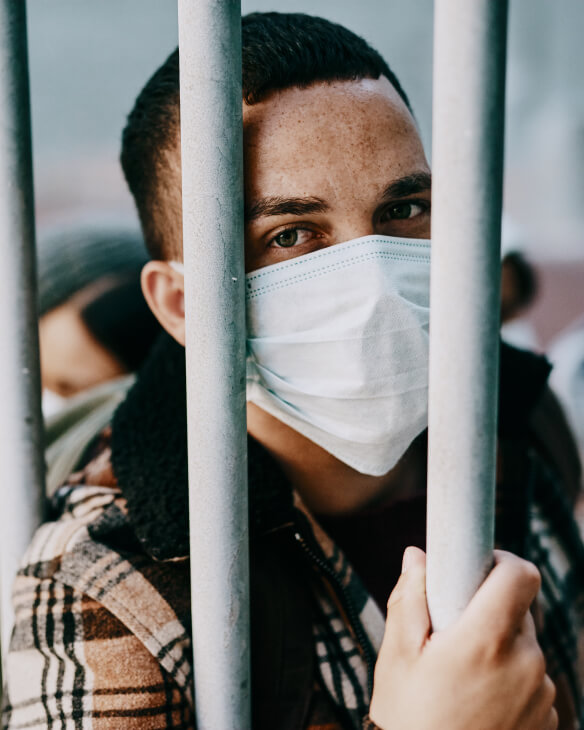Aristotle HCV-HIV
- Project Duration APR 2018 - FEB 2019, AUG 2019 - MAR 2020
- Location Athens
As part of the program, the intervention was implemented between 2018 and 2020 in two consecutive rounds (participants could take part once per round), but was interrupted due to the COVID-19 pandemic:
- Round A: April 2018 – February 2019 with 1,365 participants
- Round B: August 2019 – March 2020 with 578 participants
Participation in the program included:
- Interviews
- Blood tests (anti-HCV / HBsAg / anti-HIV, HCV genotyping, biochemical evaluation)
- Counseling
All services were offered at a single site in central Athens, in a friendly and accessible environment for the PWID community. A network of collaborating hepatologists and infectious disease specialists was established, who visited the program site to provide care to patients. All services were free of charge.
Additionally, individuals eligible for treatment and who had a Social Security Number (AMKA) were registered in the National Hepatitis C Treatment Registry to receive approval for therapy.
A total of 1,943 visits were conducted with 1,634 unique participants.
Among them, 16.3% were diagnosed with HIV, 76.9% with Hepatitis C (HCV), and 3% with Hepatitis B (HBV). Furthermore, 43% of those diagnosed with chronic Hepatitis C initiated treatment.
The “Aristotle HCV-HIV” program significantly strengthened prevention, diagnosis, and linkage to appropriate medical care for viral infections, having a direct impact on public health.
The research program was implemented in collaboration with:
- The Hellenic Scientific Society for the Study of AIDS and Sexually Transmitted Diseases (EEEEAIDS)
- The Department of Hygiene, Epidemiology and Medical Statistics, Medical School, National and Kapodistrian University of Athens (NKUA)
- The Gastroenterology and 1st Internal Medicine Departments of the Medical School of NKUA
- The Hellenic Liver Patient Association “Prometheus”




